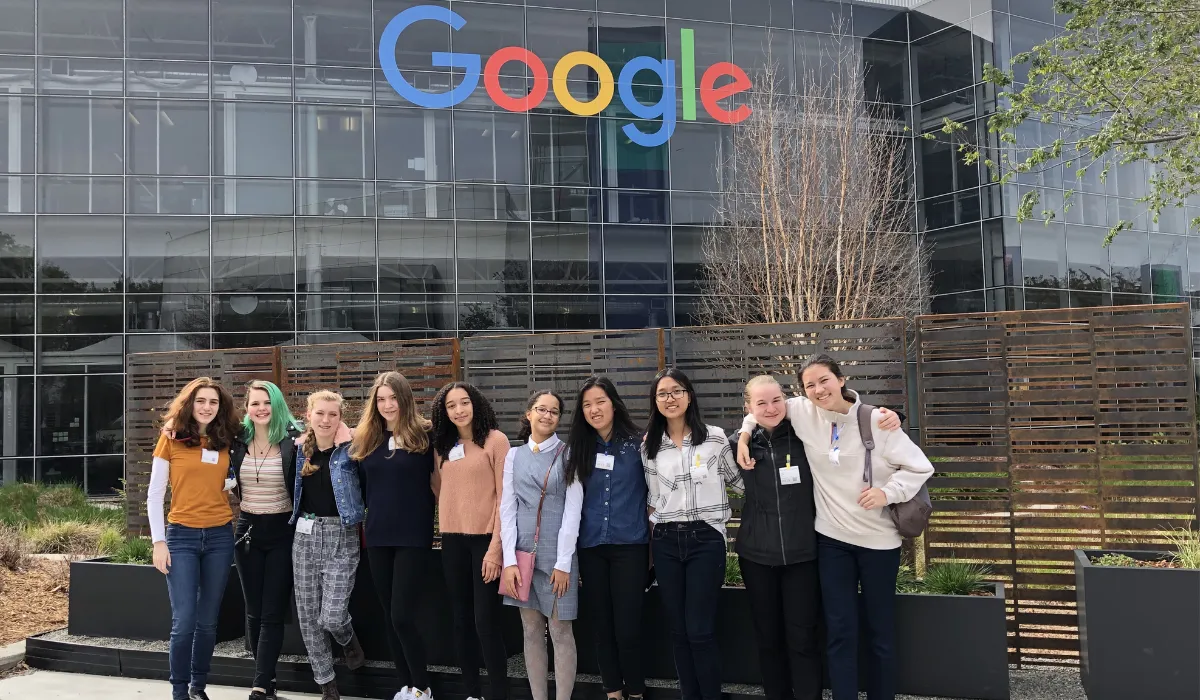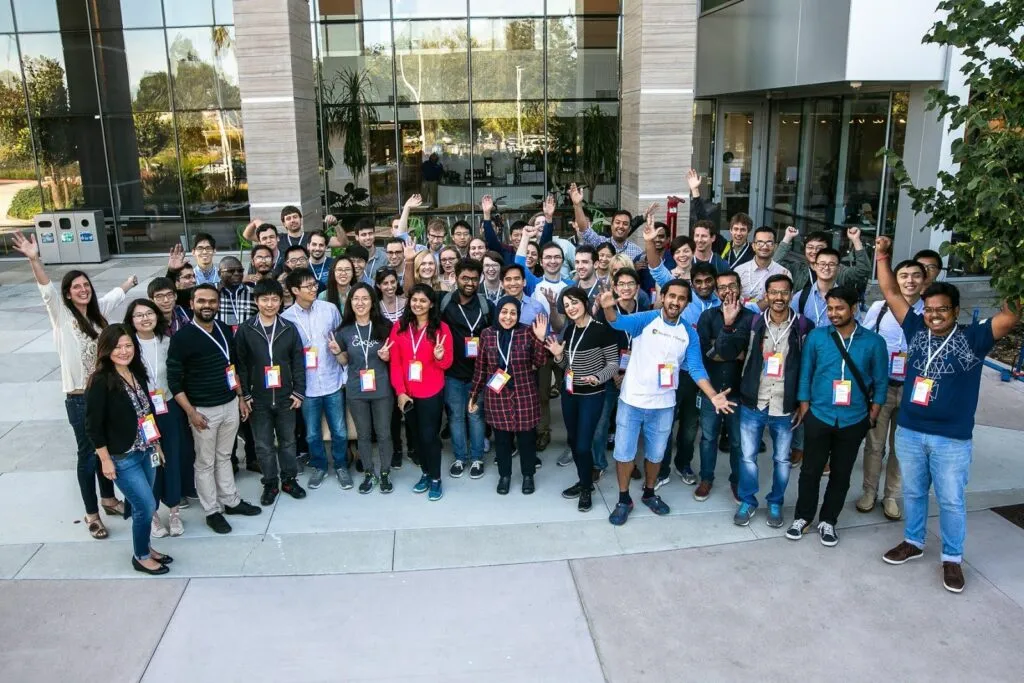
Google PhD Fellowship – The Google PhD Fellowship is an excellent illustration of a fellowship program that offers benefits and assistance. Fellowships are nonprofit organizational structures. We will go into more detail about their goal and the application process as you read on.

Google PhD Fellowship
In order to recognize outstanding Ph.D. graduate students working exceptionally hard in computer science and related fields, Google established the Ph.D. Fellowship Program.
All promising Ph.D. candidates with a desire to shape the course of technology are supported by fellowships.
The fellowship helps pay for school and everything you need while you’re there. It pays for your classes and school supplies for up to three years. It also gives you money for food, travel, and things you want to buy.
Additionally, it helps with things like going to the doctor and getting books for your classes.
Also, a Google Research Mentor is assigned to each recipient. A select group of the most promising young academics in the world are Google PhD Fellowship recipients, as recognized by Google researchers and their institutions.
READ ALSO!!!
- Rangel Fellowship Graduate Program 2023 Updates
- National Science Foundation Graduate Research Fellowship
- Banting Postdoctoral Fellowships
- JSPS Postdoctoral Fellowship Program
- Ramanujan Fellowship
Eligible Requirement
Candidates should be:
- Ph.D. candidates at UBC who are enrolled full-time.
- Possess or are anticipated to possess graduate-level coursework completion by the Fall of the award year (Fall 2024), when the Fellowship starts.
- For the duration of the Fellowship, students are required to enroll full-time in the Ph.D. program; otherwise, they risk losing their prize.
- Employees of Google, as well as their partners, families, and children, are not eligible.
- Students who are already receiving financial aid from a comparable industry award are not eligible. Also, Funding from the government or nonprofits is excluded.
How Do One Apply?
The following components make up an extensive application, which should be sent to the Faculty of Graduate and Postdoctoral Studies using the link provided below as one PDF, by August 4, 2023, at 4:00 p.m. Pacific Time, applications must be received. Applications that are submitted late or in part will not be reviewed.
- A cover sheet stating that the applicant satisfies the eligibility requirements and signed on official letterhead by the applicant’s UBC department chair.
- A student CV with an unspecified number of pages, links to a website, and publications (if available).
- A one-page maximum CV of the student’s primary advisor.
- Two to three letters of recommendation from people familiar with the student’s work, one of which must come from the thesis advisor. These letters must be typed on letterhead, be signed, and be assembled by the applicant and submitted with their application.
- A research abstract (up to 1,000 characters; roughly 200 words) outlining the proposed study.
- A maximum of eight-page research or dissertation proposal with references. A title should be included in the research proposal.
- A student essay response, with a word count of no more than 350, outlining the intended impact of the research on the subject and society as well as the personal, academic, and professional experiences that led to the research interests.
- A second student essay response (350 words maximum) describing a leadership occasion where the applicant positively influenced others, assisted in settling conflicts or made a sustained contribution to group efforts. Mentoring, planning work, or taking the lead on projects are all examples of leadership roles.
- Current, official transcripts for all post-secondary coursework (undergraduate and graduate), including transfer credits and exchange terms as well as coursework that has been completed and those that still need to be taken.
READ ALSO!!!
Selection Criteria
Research impact, student academic success, leadership potential, and the quality of the research proposal are taken into consideration when evaluating an application.
Research proposals are assessed for novel ideas that are pertinent to Google’s research domains, as well as for aspects of robustness and potential field impact.
When you want help with your research idea, you should write a good explanation of what you’re studying and what you want to do next.
People in the United States, Canada, and Europe decide if they want to help you by looking at all the things you send them, like your papers and the essays you write.
Read some of the other original posts on our blog for more information. Please also spread the word to your friends and family.





